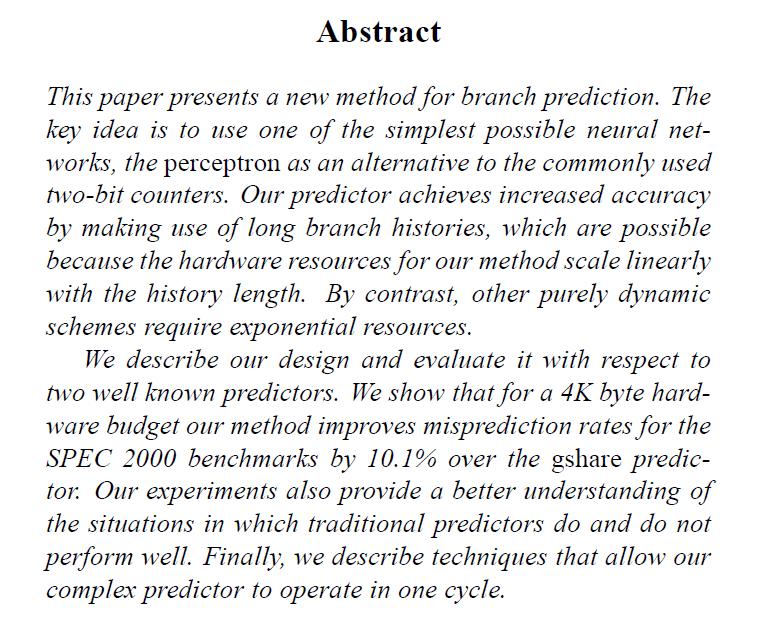Let me elaborate:
#meltdown #spectre #zombieload and related attacks and variants do not leak meta data. They leak the actual data.
"But they use flush+reload". Sure, but that doesn't make the attack a side-channel attack. Let's assume the following:
Well, but then any strict in-order pipeline must be called speculative execution: fetch and decode happen before we know what happens next.
Exactly. It's imprecise, and it is wrong for many attacks including #meltdown and #foreshadow and #zombieload.
Now, to the last part: why would we care and why should @intel care?
All these (we call them meltdown-type) attacks can be eliminated at little or no cost.
This is a problem well beyond some CPU design.




